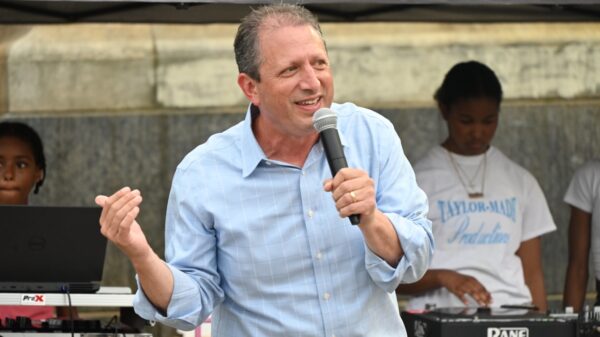Greater Houston is grappling with the consequences of its rapid growth, raising questions about whether its ambitions have spiraled beyond control. As the city continues to expand, local leaders and residents are increasingly concerned about the sustainability of its development strategies and the potential long-term impacts on the community.
Houston has experienced significant economic growth in recent years, with a reported increase in population of over 1.1 million since 2020. This surge has been fueled by various factors, including a thriving job market and a relatively low cost of living compared to other major U.S. cities. However, the rapid influx of people has led to mounting challenges, particularly in infrastructure and housing.
Infrastructure Strain and Housing Shortages
The rapid development has placed immense pressure on Houston’s infrastructure. The city’s transportation systems, including roads and public transit, are struggling to keep pace with the growing population. Residents often face long commutes and traffic congestion, prompting calls for significant investments in public transit upgrades.
Moreover, the housing market has become increasingly competitive. According to the Houston Association of Realtors, the median home price in the Greater Houston area jumped to approximately $350,000 in early 2023. This rise has intensified the affordability crisis, pushing many families to seek housing in outlying areas, which in turn exacerbates transportation issues.
Local organizations, such as the Houston-Galveston Area Council, are working to address these challenges by proposing comprehensive plans for sustainable growth. Their focus includes enhancing public transportation options and implementing policies to promote affordable housing developments.
Community Impact and Future Outlook
As Houston continues to evolve, the implications of its growth are becoming more pronounced. Community leaders are voicing concerns that if the city does not effectively manage its expansion, it could lead to a fragmented urban environment with diminished quality of life for residents.
Houston City Council has initiated discussions surrounding these issues, emphasizing the need for balanced growth that retains the character of neighborhoods while accommodating new residents. The council is exploring policies aimed at preserving green spaces and improving community services, but the implementation of these strategies will require significant investment and collaboration among various stakeholders.
The situation in Houston serves as a cautionary tale for other rapidly growing cities. As the city confronts its challenges, it remains to be seen whether local leaders can steer their ambitions towards a more sustainable future. The decisions made in the coming months will likely shape the trajectory of Greater Houston for years to come, influencing not just the economy but the overall well-being of its residents.








































































